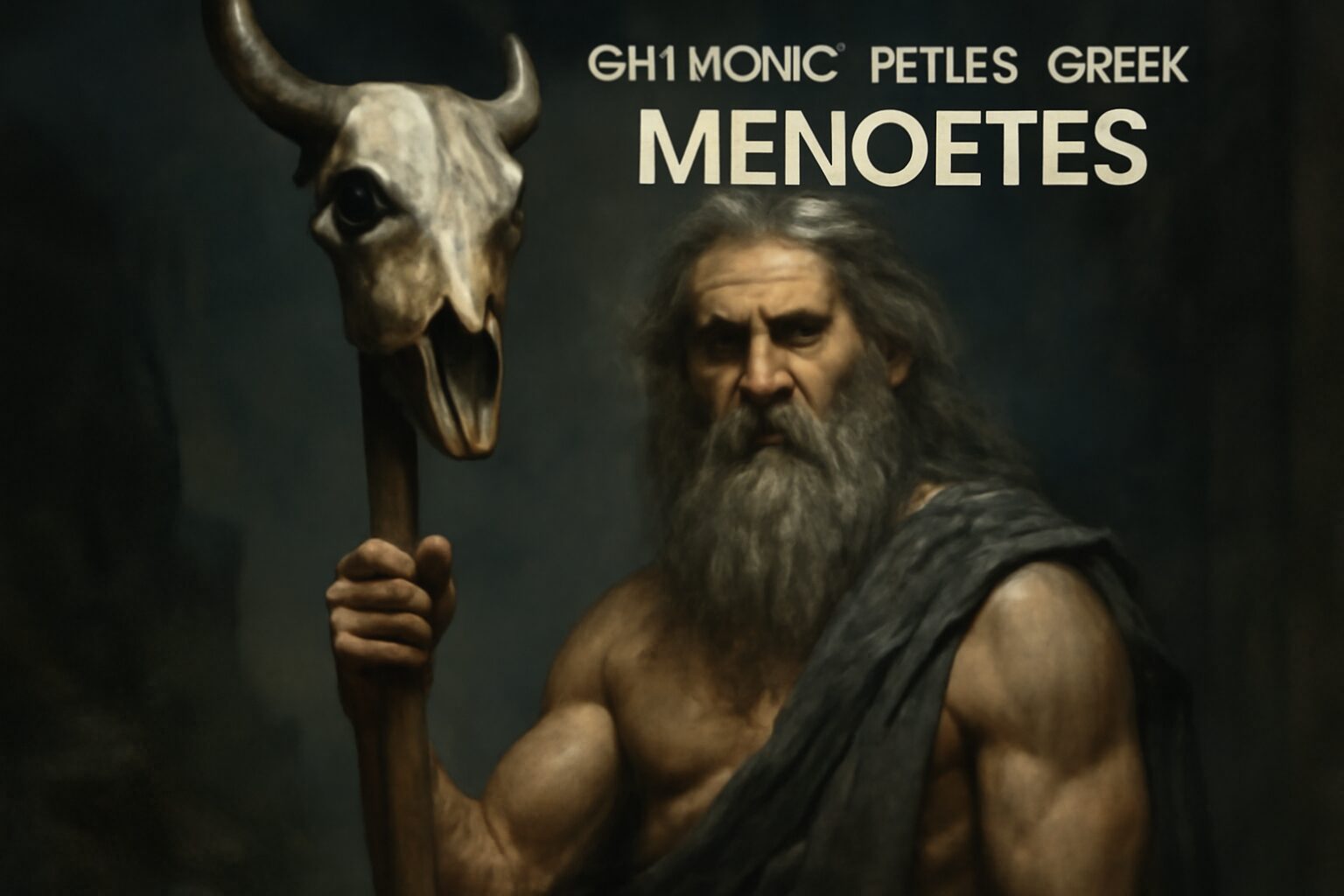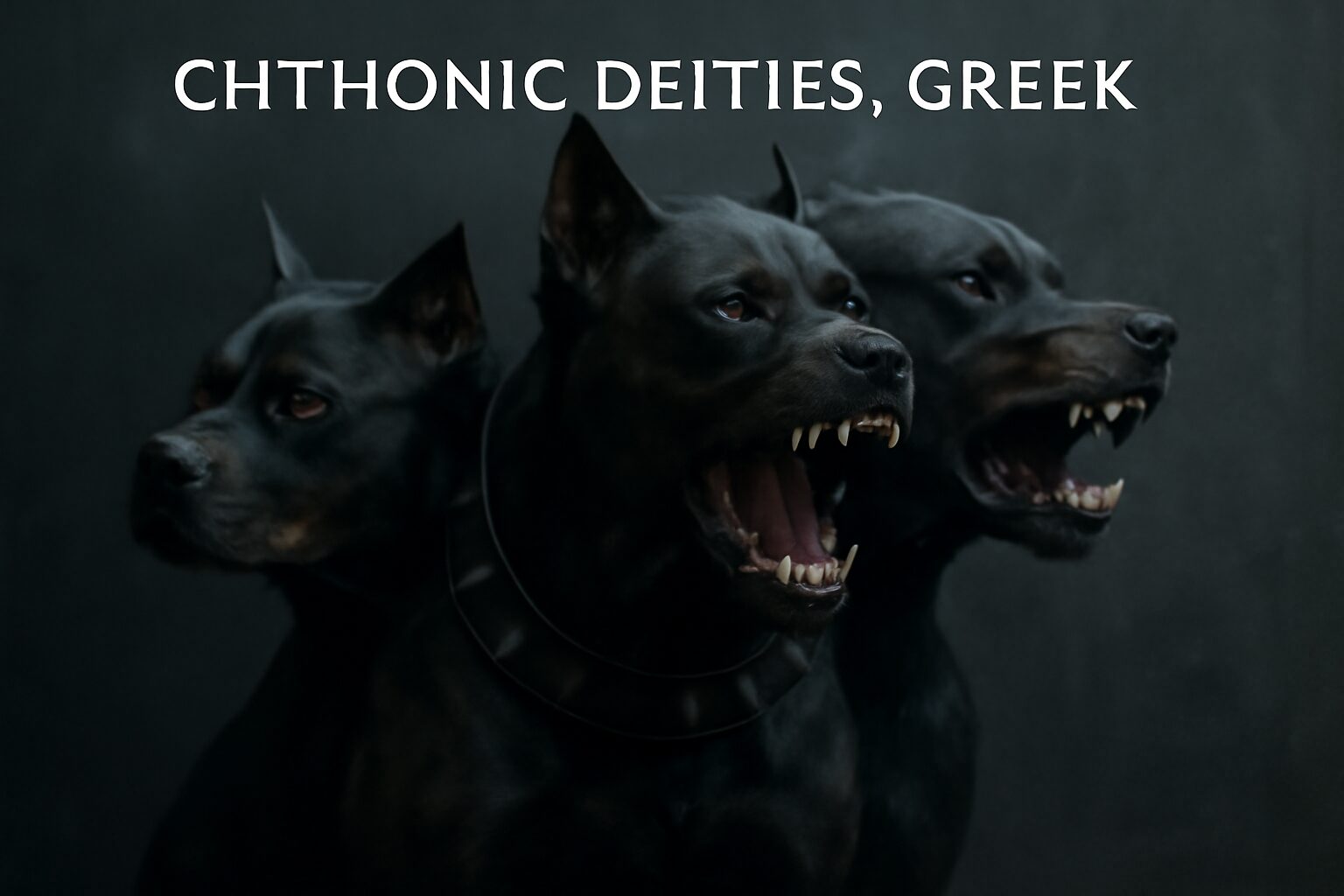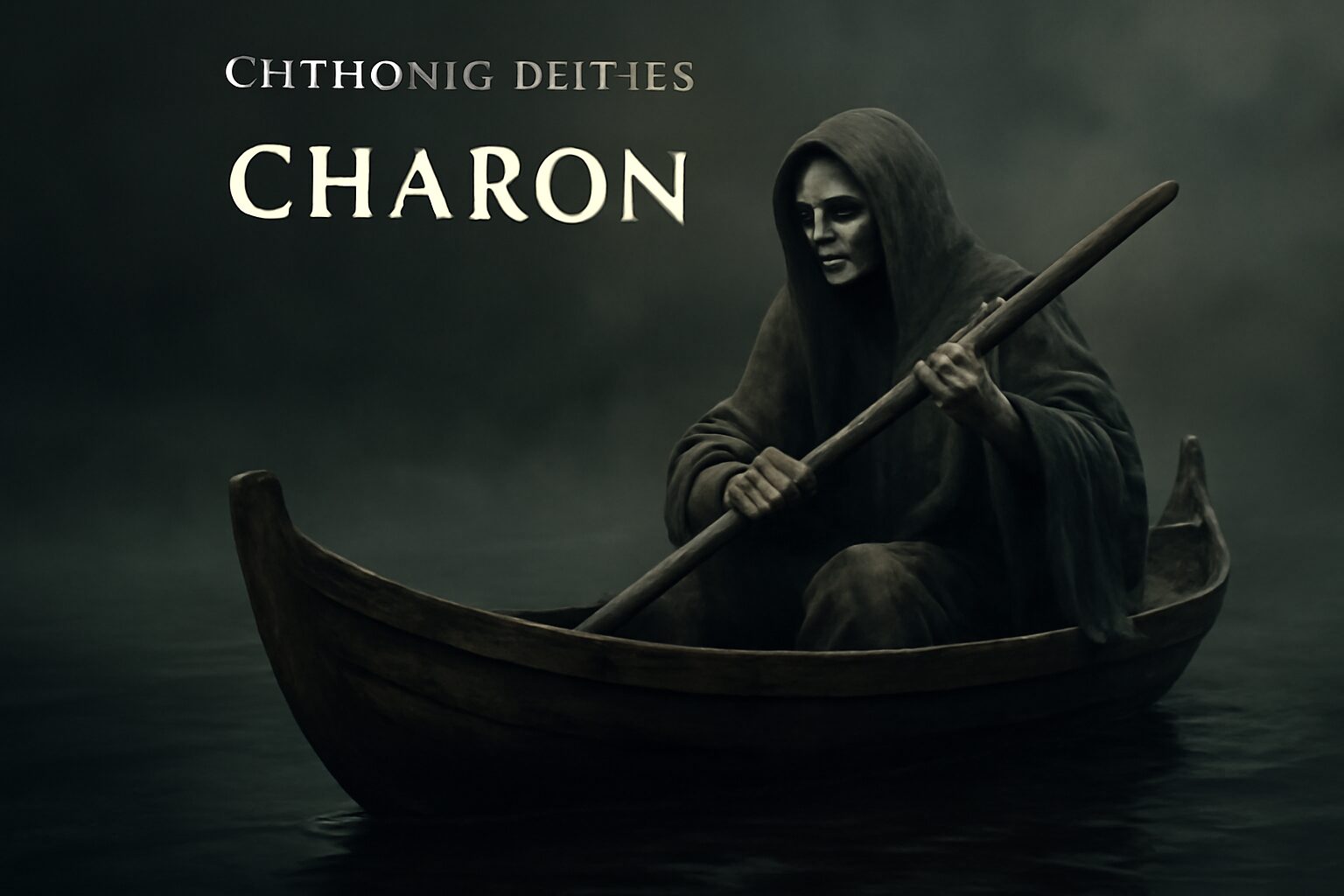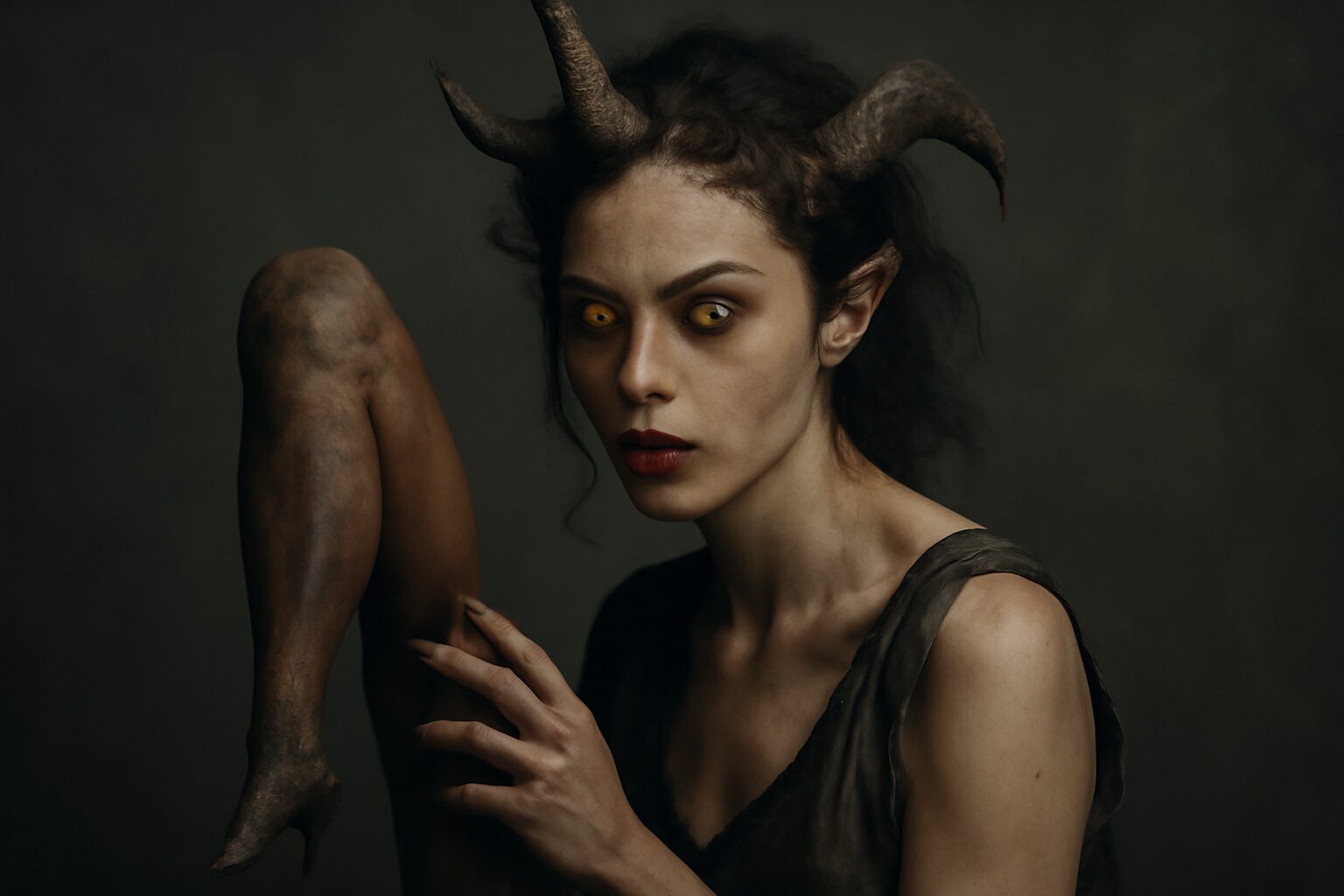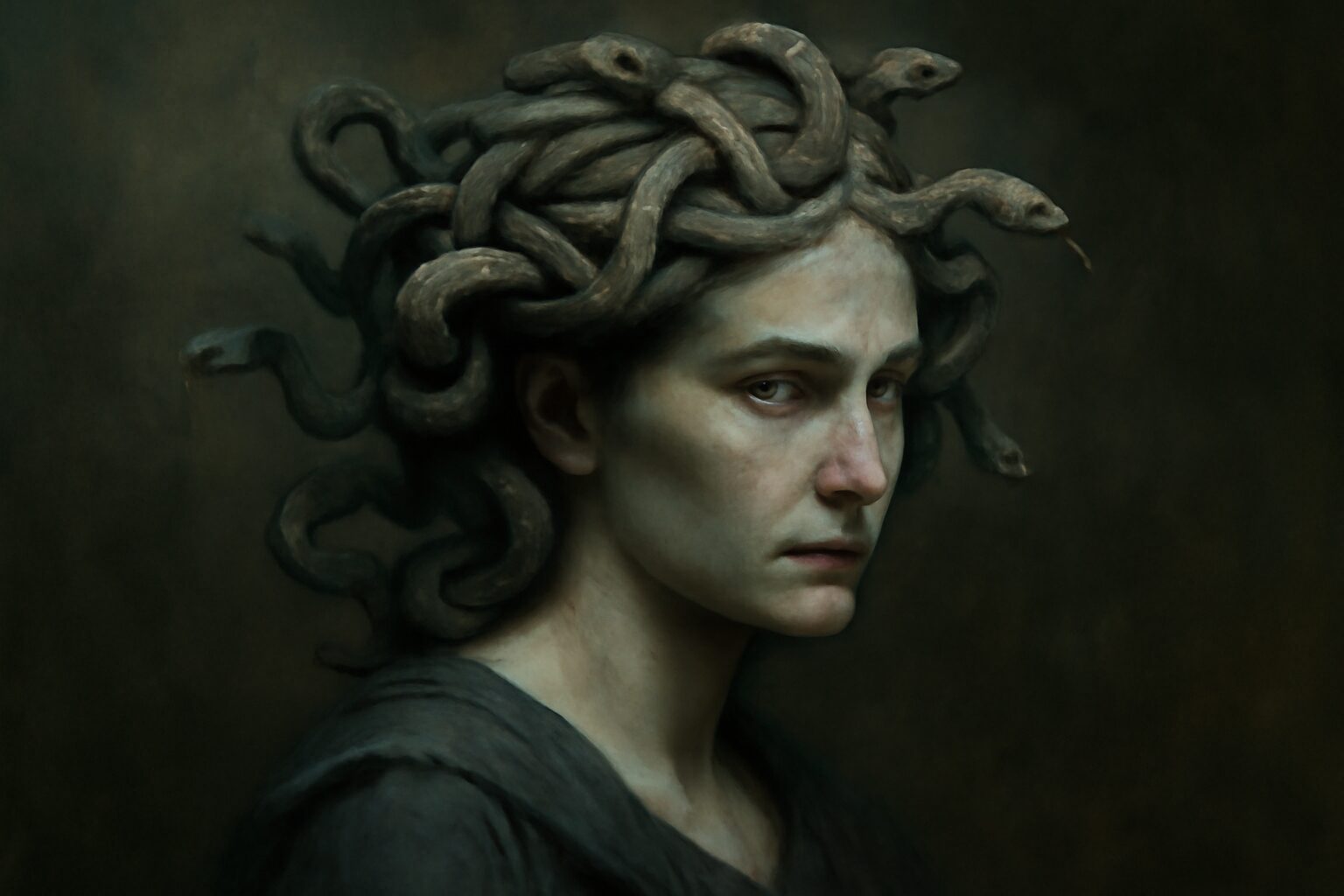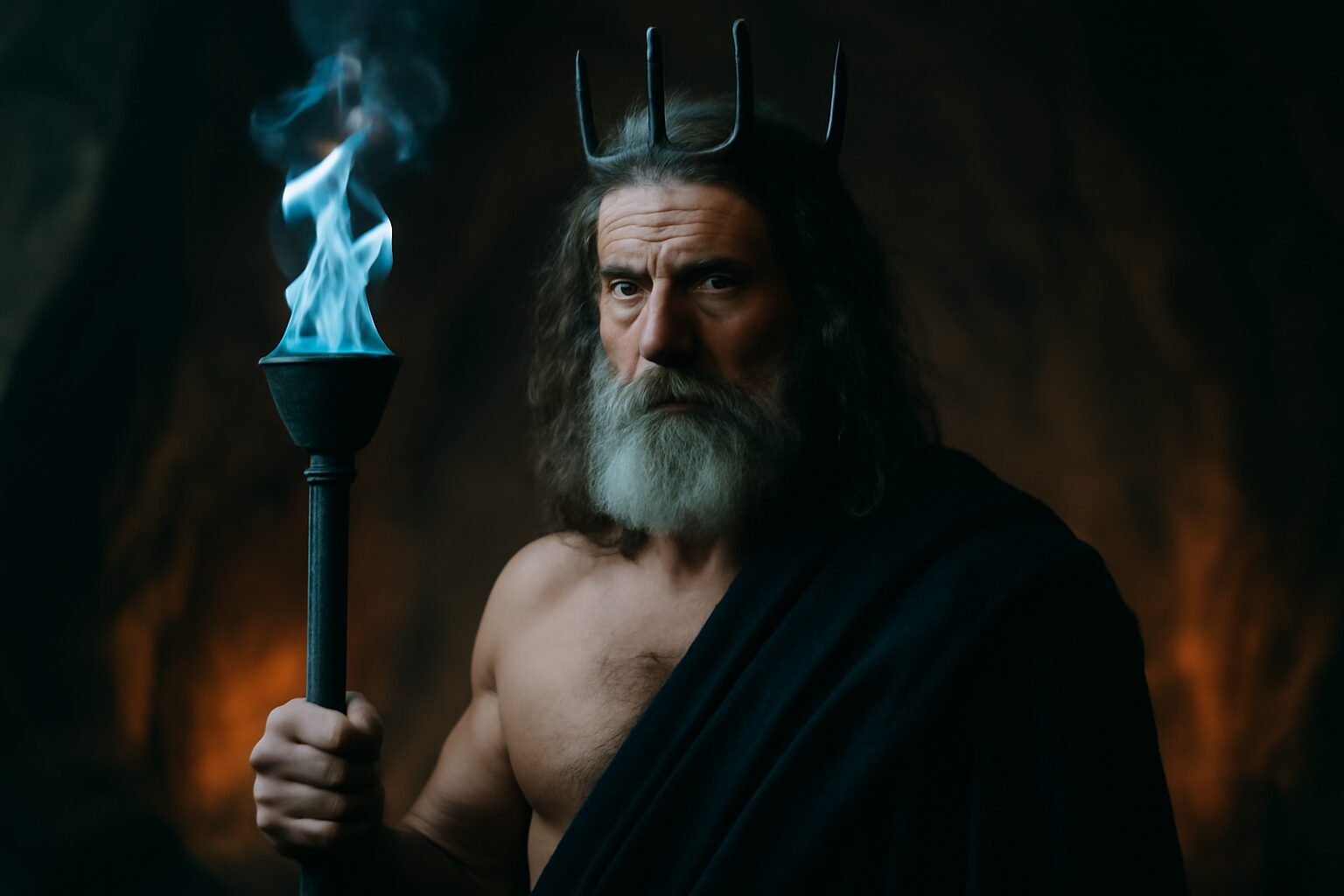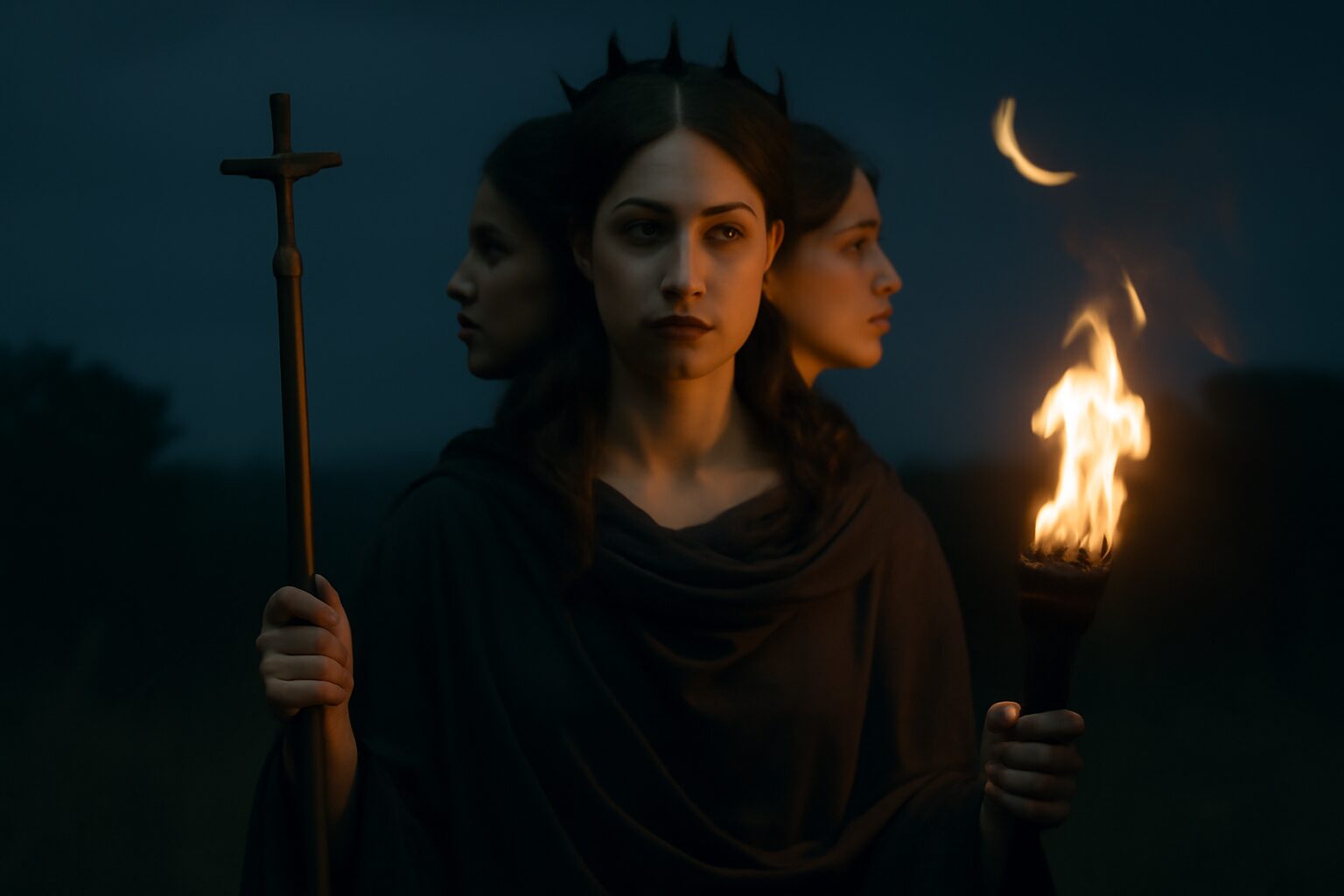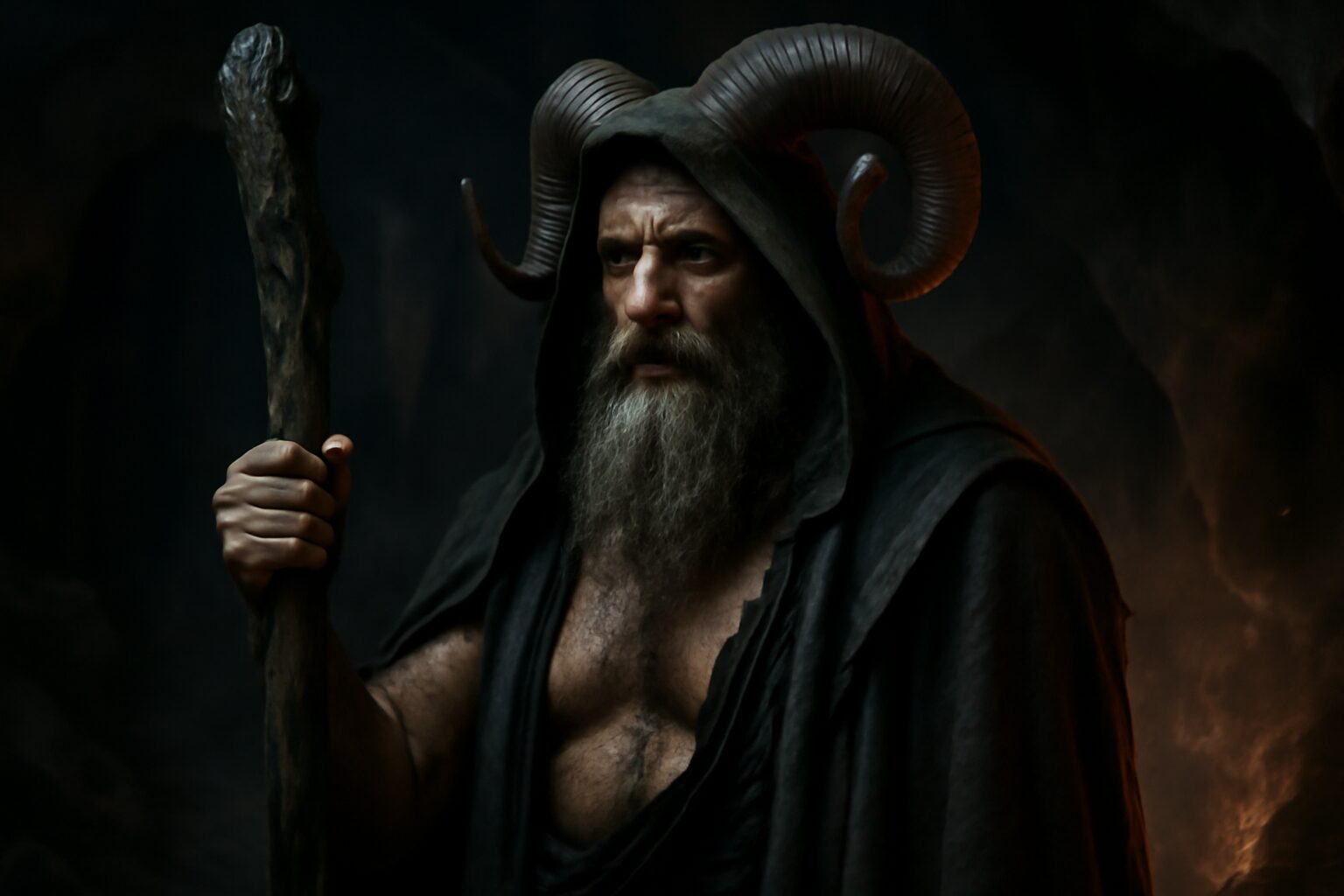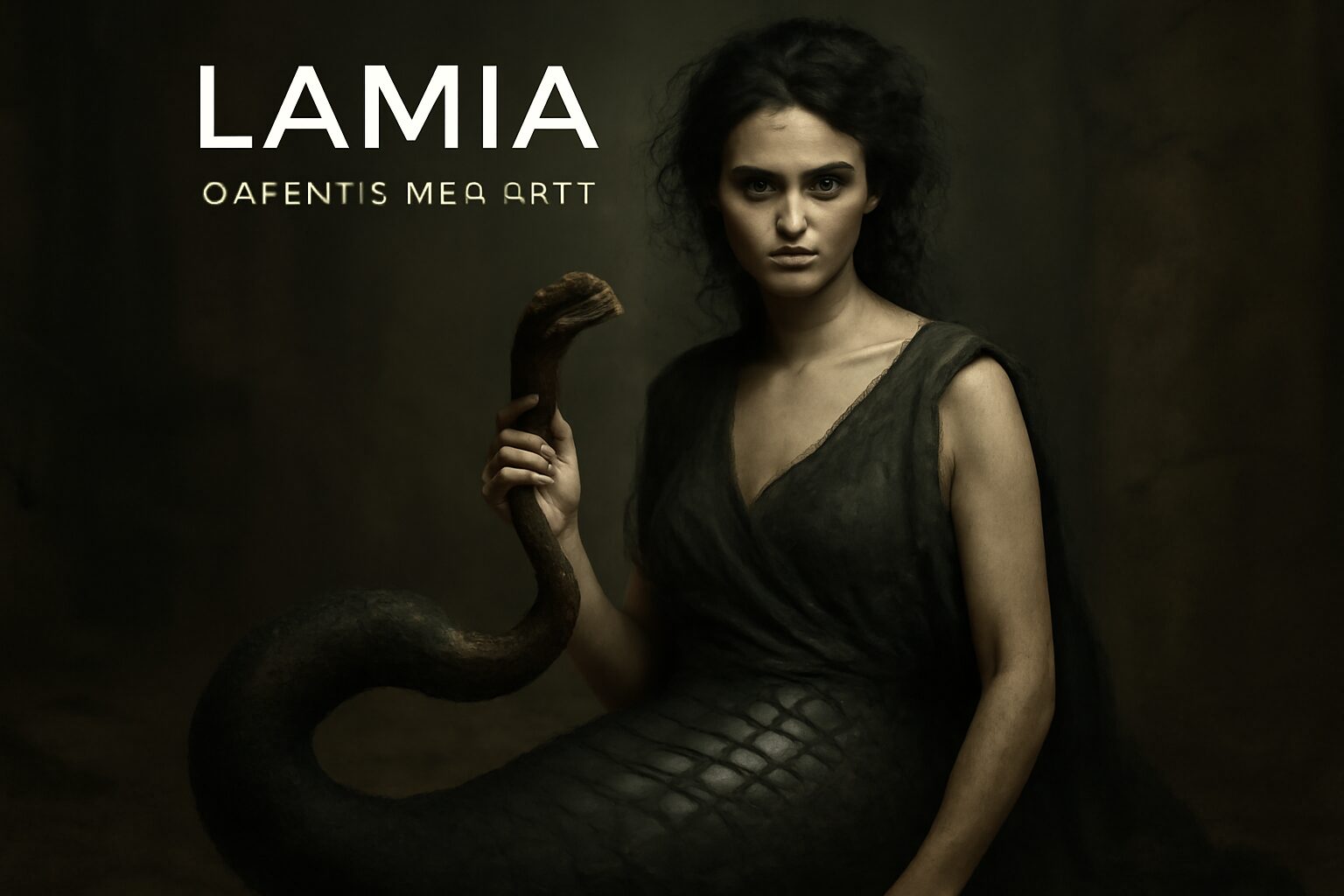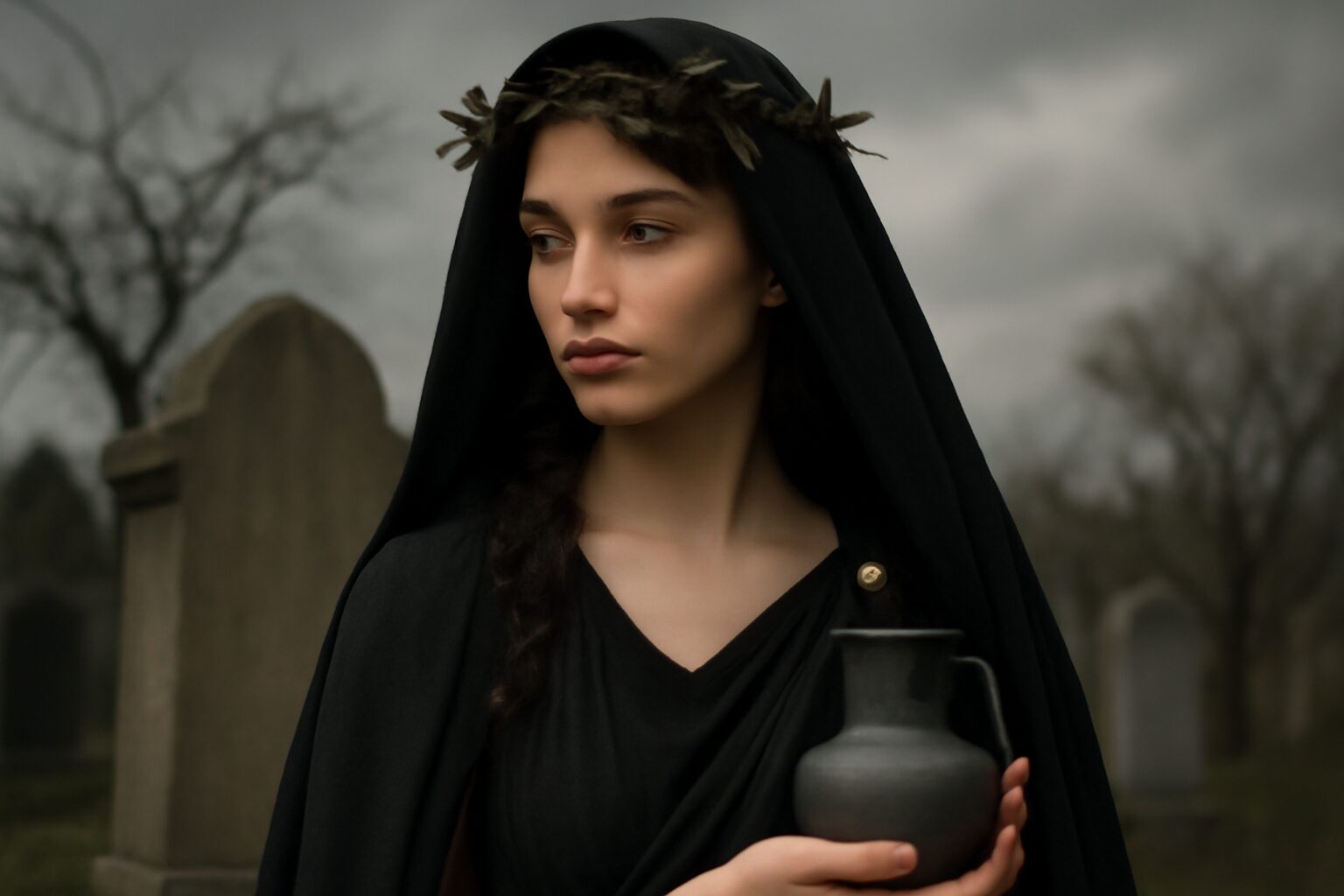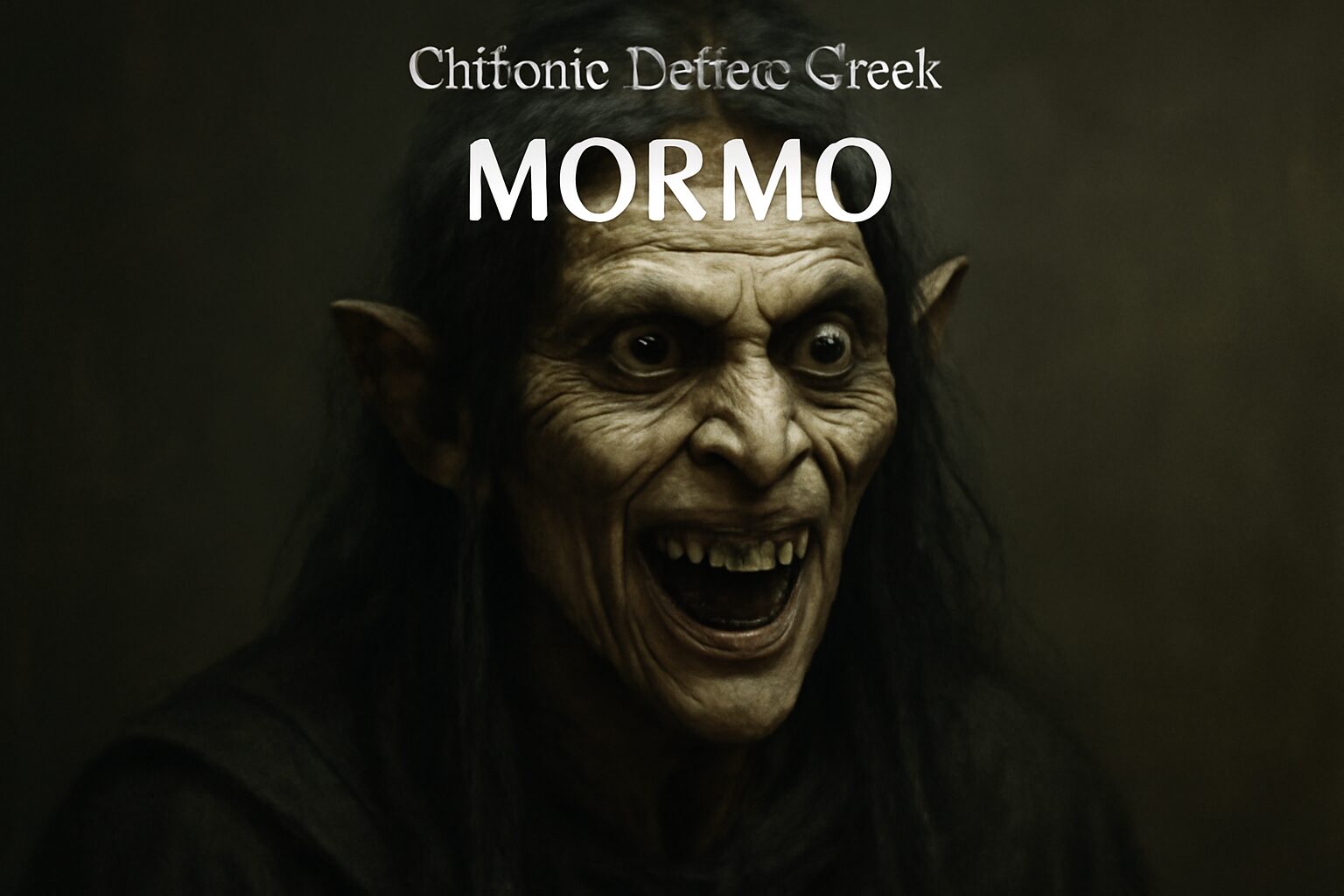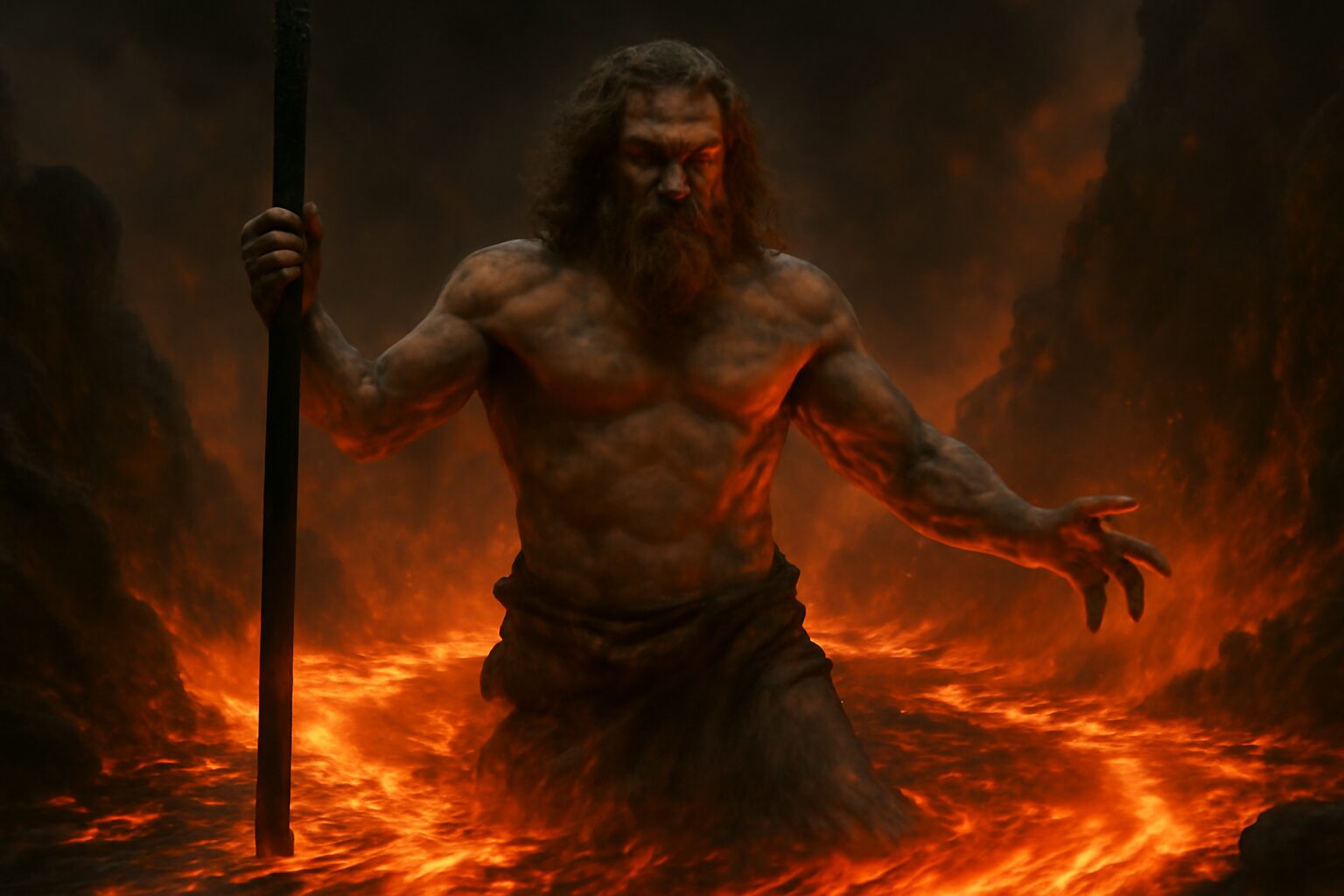Menoetes: The Underworld's Lesser-Known Guardian
In the vast pantheon of Greek mythology, Menoetes (also spelled Menoetius) stands as a lesser-known but fascinating figure associated with the Underworld. While not as prominent as Hades or Persephone, Menoetes played a crucial role as a herdsman and guardian of the dead, tending to the cattle of Hades in the shadowy realm below.
Role and Mythology
Menoetes served as a herdsman in the Underworld, watching over the cattle that belonged to Hades. His most famous appearance in myth occurs in the Argonautica, where he encounters the hero Heracles during his twelfth labor—the capture of Cerberus. According to the tale, Heracles wrestled Menoetes near the entrance of the Underworld, overpowering him but ultimately sparing his life at the request of Persephone.
Another version of the myth suggests Menoetes was a son of the Titan Iapetus, making him a brother to more well-known figures like Atlas and Prometheus. However, this connection is less commonly referenced in surviving texts, leaving his origins somewhat ambiguous.
Powers and Significance
As a denizen of the Underworld, Menoetes possessed the strength and resilience expected of beings who dwelled in Hades' domain. His role as a herdsman reflects the ancient Greek belief that the Underworld was not just a place of punishment, but a functioning realm with its own economy and daily activities.
Menoetes' brief but memorable encounter with Heracles highlights an important aspect of Greek mythology—even minor deities could play significant roles in the hero's journey. His presence adds depth to our understanding of the Underworld as a populated, complex place rather than just an abstract afterlife destination.
Relationships with Other Deities
Menoetes' primary relationship was with Hades, whom he served directly. As a loyal servant of the Underworld king, he would have interacted with other chthonic deities like Thanatos (Death), Hypnos (Sleep), and the various spirits and daimones that populated the realm. His sparing by Heracles at Persephone's request suggests he may have enjoyed the queen's favor as well.
While not worshiped like the major Olympians, Menoetes represents an important class of mythological figures—the working deities who performed essential but unglamorous tasks that kept the cosmos functioning. His story reminds us that Greek mythology wasn't just about the flashy exploits of gods and heroes, but also about the intricate workings of the divine world at all levels.
Alternative Names for Menoetes
God Name: Menoites (Greek)
An alternative spelling of Menoetes, found in some ancient Greek texts.
God Name: Menoetes (Roman)
The Romans adopted the Greek name without significant alteration, as Menoetes was not a major deity in Roman mythology.
God Name: Menoitios (Greek)
A variant name occasionally used in Greek mythology, though it is more commonly associated with a different figure, the father of Patroclus.
Tales about Menoetes
Menoetes and the Judgment of Hades
In the shadowy depths of the underworld, Menoetes served as a loyal herdsman to Hades, tending the god’s fearsome cattle. One day, a dispute arose between Menoetes and the hero Heracles, who had descended into the underworld as part of his labors. Heracles, in his might, slew one of the cattle to satisfy his hunger, enraging Menoetes. The two engaged in a wrestling match, but Heracles overpowered Menoetes, breaking his ribs before Persephone intervened. Hades, observing the altercation, was impressed by Menoetes’ dedication and awarded him a place of honor among the underworld’s attendants, symbolizing that even in darkness, loyalty is rewarded.
Menoetes and the Wisdom of Hecate
Menoetes once encountered Hecate at a crossroads in the underworld, where the goddess of magic and witchcraft often appeared. Hecate, intrigued by Menoetes’ unwavering duty, offered him a glimpse into the future—a rare boon for a mortal-turned-underworld figure. Menoetes, however, humbly declined, stating that his purpose was to serve in the present, not to know what lay ahead. Hecate, respecting his humility and focus, gifted him a torch lit with eternal flame, ensuring he would never lose his way while herding Hades’ cattle through the bleak plains of the afterlife. This torch became a symbol of steadfastness in the face of uncertainty.
Frequently Asked Questions
Who is Menoetes in Greek mythology?
Menoetes is a lesser-known figure in Greek mythology, often described as a herdsman of Hades who tended the god's cattle in the Underworld. He is sometimes mentioned in stories involving Heracles (Hercules) and his descent into the Underworld.
What are Chthonic Deities in Greek mythology?
Chthonic deities are gods or spirits associated with the earth, the Underworld, and the afterlife in Greek mythology. They include figures like Hades, Persephone, Hecate, and the Furies. Unlike Olympian gods, they were often worshiped with nighttime rituals and offerings made into the ground.
Why are Chthonic Deities important in Greek mythology?
Chthonic deities represent important aspects of life and death, the unseen world, and the mysteries of the afterlife. They were crucial in Greek religion for understanding mortality, justice (like the Furies), and agricultural cycles (linked to Persephone's return from the Underworld).
How were Chthonic Deities worshiped differently from Olympian gods?
Chthonic deities were typically worshiped with dark-colored animal sacrifices (often black sheep), offerings poured into pits or trenches, and rituals performed at night. This contrasted with Olympian gods, who received white sacrifices and daylight ceremonies on altars above ground.
Are there modern interpretations or influences of Chthonic Deities today?
Yes, concepts from chthonic mythology appear in modern literature, psychology (like Jung's shadow archetype), and neo-pagan practices. Themes of death, rebirth, and the subconscious mind often trace back to these ancient underworld figures.

